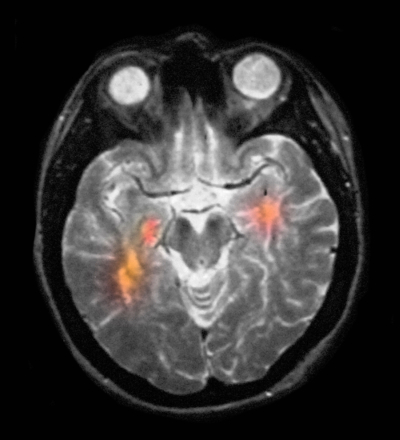Using AI to control energy for indoor agriculture
30 September 2024
Published online 16 June 2015
New research identifies a pivotal gene in multiple sclerosis, linking it to the most important genetic factor that drives the disease.

© Cultura RM / Alamy
The mutation in CLEC16A results in a faulty HLA-II system, generating blind immune cells that are unable to differentiate pathogen-derived proteins (also known as antigens) from the body’s own proteins. When such blind immune cells escape to the brain, they destroy nerve-insulating myelin, resulting in multiple sclerosis.
The scientists found that silencing the activity of the CLEC16A gene in specific antigen-presenting cells disrupted the ability of HLA-II to display antigens on the cell membrane. Next, they identified that the levels of inactive CLEC16A protein in peripheral blood mononuclear cells of multiple sclerosis patients were two times higher than those of healthy individuals, indicating that CLEC16A has a role in the disease.
“In the future, immunology will continue to unravel what all the risk genes such as CLEC16A really do in the complex adaptive immune system, hopefully aiding the development of new drugs that could interfere with relevant disease-causing pathways,” says lead author Rogier Hintzen from the University Medical Centre, Rotterdam.
doi:10.1038/nmiddleeast.2015.100
Stay connected: